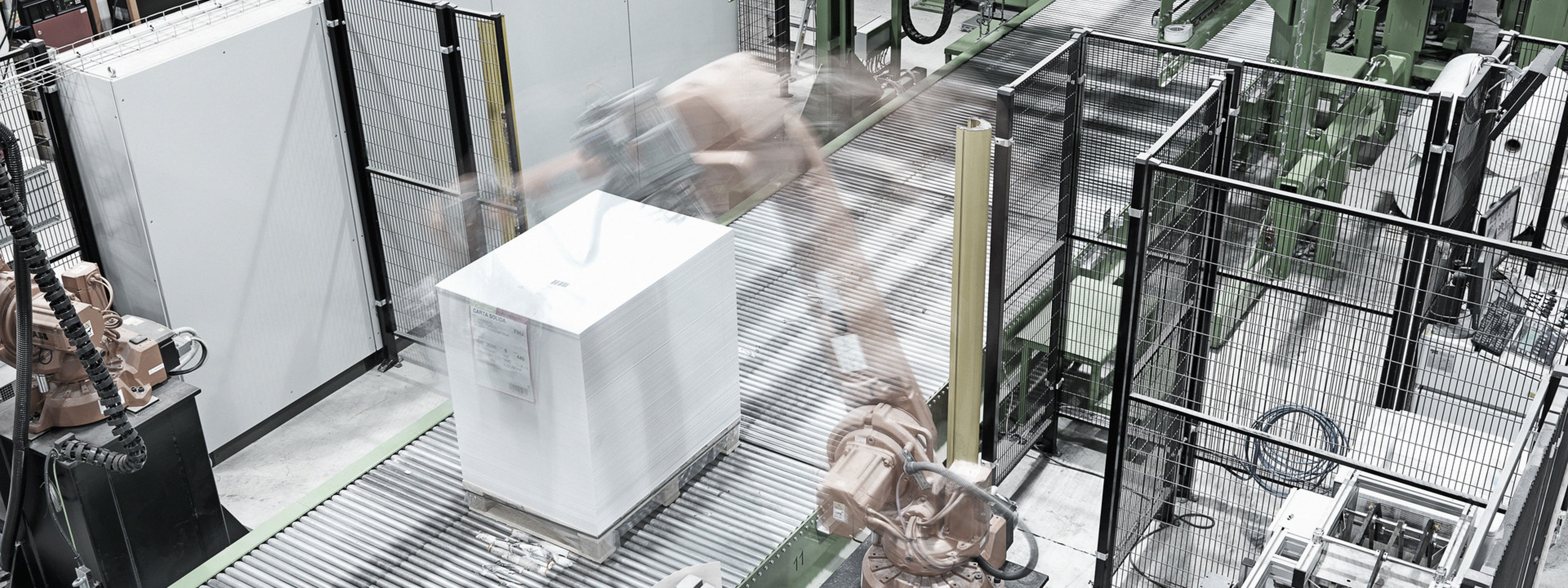A premium-quality product loses its shine when it is not backed by premium-quality after-sales service. When quality issues with palletised paperboard deliveries were identified on two routes from Simpele mill in Finland, finding the root cause was a priority. Issues included some broken plastic wrapping and damage to pallets.
“In a nutshell this project was all about gaining better visibility over our logistics chain by discovering what was causing these quality issues and putting procedures in place to address them, says Manfred Hinz, Logistic Director, Central & East Europe, Metsä Group. “We targeted two specific routes – Simpele to Hull in the UK and Simpele to Lübeck in Germany.”
A true team effort
A cross-functional team with members from mill production, customer service, technical services and supply chain services was put together to tackle the problem, but to get the full picture it was important to involve every stage of the logistics chain. “We worked with our logistics partners at the departure and destination ports including the forklift drivers, and in the case of Lübeck our repacking partner too,” explains Manfred. “We also needed a technology partner for data gathering and tracking, and in this case we worked with Empirica Finland.”
Data collection was performed using tracking tags, a gateway device to read the tags and a dedicated mobile application. Mobile application was used in harbours to report visual findings and photos. The tags, which measured shocks and tilts experienced by the pallets during the delivery process, as well as the humidity level under the wrapping, were placed under the pallet wrappings and read at key points on the pallet’s journey. When the tags were removed before final delivery to the customer, the condition of the wrapping and the pallets themselves was also manually recorded for reporting purposes.
Helping to change perceptions
Getting everyone along the logistics chain onboard was very important because the focus was not to find someone or something to blame, but to solve a problem. “This project gave us the opportunity to change people’s perceptions about premium paperboard as a cargo, about how sensitive it can be and how it needs to be handled with the utmost care,” Manfred says. And now, with a process in place and the technology tested in the field, Metsä Board can roll out tracking as a value-added service for customers.
“Our customers should expect that the products they receive are in the same condition that they were in when they left the mill,” Manfred highlights. “Now we can set things in motion almost immediately for any other delivery route and work with our internal teams to dig out the root causes of logistics issues based on hard data, in an open and transparent dialogue with everyone involved.”
